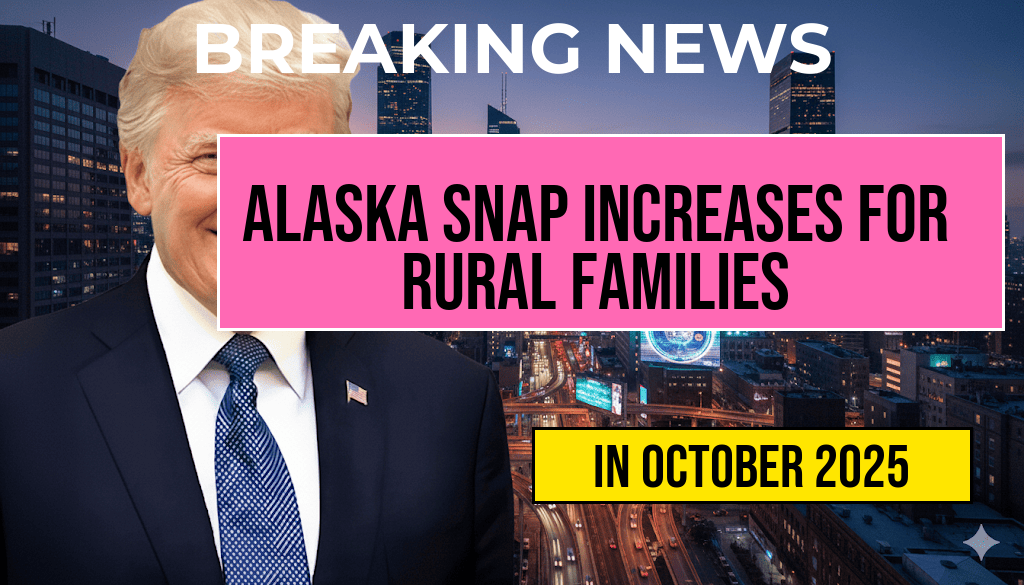As the ongoing government shutdown and subsequent layoffs continue to unfold, thousands of workers across the nation are facing the harsh reality of receiving $0 paychecks. This unprecedented situation has left many scrambling for immediate financial relief, prompting discussions on available emergency cash options. With federal employees and contractors hit hardest, the ramifications of the shutdown extend beyond simply missed paychecks; they ripple through local economies, affecting small businesses and service providers reliant on consumer spending. While the federal government remains at a standstill, various organizations and financial institutions are stepping up to provide solutions for those in dire need of cash flow. Here’s a closer look at the current landscape and the options available to those affected.
Impact of the Shutdown on Workers
The current shutdown, which began due to budgetary disagreements in Congress, has left approximately 800,000 federal workers without pay. Many of these employees are essential workers, including those in law enforcement, healthcare, and transportation. The situation is compounded by layoffs in sectors closely tied to government contracts, affecting contractors and their employees.
Local Economies Feeling the Pinch
With a significant portion of the workforce unable to earn an income, local businesses are already seeing a decline in sales. Restaurants, retail shops, and service providers are particularly vulnerable, as many of their customers are directly impacted by the lack of disposable income. This cycle of reduced spending can lead to further layoffs and economic strain in communities across the country.
Emergency Cash Options for Affected Workers
For those facing immediate financial hardship, several options are available to help bridge the gap until normal paychecks resume. Below are some potential solutions:
- Personal Loans: Many banks and credit unions offer personal loans with quick processing times. While interest rates can vary, these loans can provide immediate cash relief.
- Credit Card Advances: Workers may consider taking cash advances on their credit cards. However, it is crucial to be aware of high-interest rates and fees associated with this option.
- Community Assistance Programs: Local charities and non-profits often provide emergency financial assistance, including help with rent, utilities, and food. Organizations such as the United Way and Salvation Army can be valuable resources.
Federal Assistance and Resources
In addition to local resources, federal programs can offer support during this challenging time. The Small Business Administration (SBA) and the Department of Labor have resources available for those affected by the shutdown. For more information, individuals can visit [SBA’s official website](https://www.sba.gov) or the [Department of Labor’s site](https://www.dol.gov).
Long-Term Solutions and Support
While immediate cash solutions are vital, long-term strategies are essential for workers to regain financial stability. Financial literacy programs can help individuals manage budgeting and savings, while employers can provide resources to assist workers during such crises. Additionally, the ongoing dialogue about government funding and employee rights highlights the need for reforms to prevent such situations from recurring in the future.
Looking Ahead
The duration of the shutdown remains uncertain, and with every passing day, more individuals are feeling the financial strain. As workers navigate these turbulent waters, the importance of community support and access to emergency funds cannot be overstated. Government officials and community leaders must prioritize the well-being of affected workers and their families, ensuring that no one is left behind in this challenging time.
As the situation continues to evolve, those affected are encouraged to explore all available resources and remain informed about their rights and options. It is essential to stay connected with community organizations and financial institutions that can provide assistance during this unprecedented crisis.
Frequently Asked Questions
What caused the $0 paychecks for thousands of workers?
The recent shutdown and subsequent layoffs in various sectors have led to many employees receiving $0 paychecks. These financial disruptions are primarily due to halted government operations and company downsizing.
Are there any emergency cash options available for affected workers?
Yes, there are several emergency cash options available for those facing financial difficulties. Workers can explore options such as short-term loans, community assistance programs, and government aid to help bridge the gap during this challenging period.
How can workers apply for government assistance during this time?
Affected workers can apply for government assistance through various programs, including unemployment benefits and food assistance. It’s advisable to visit official government websites or local offices for detailed application procedures and eligibility requirements.
What should employees do if they are laid off?
If employees are laid off, they should first check their eligibility for unemployment benefits and gather necessary documentation. Additionally, seeking support from local workforce development agencies can provide guidance on job searching and retraining opportunities.
What resources are available for financial counseling?
Many organizations offer financial counseling services to help individuals manage their finances during tough times. Resources include non-profit credit counseling agencies, community organizations, and online financial planning tools that provide advice on budgeting and debt management.








